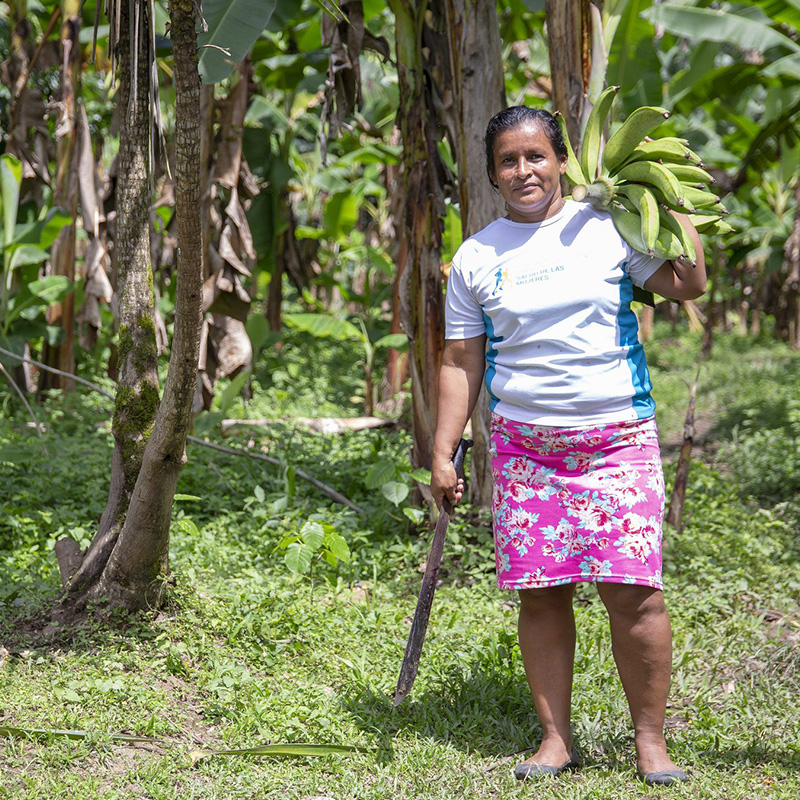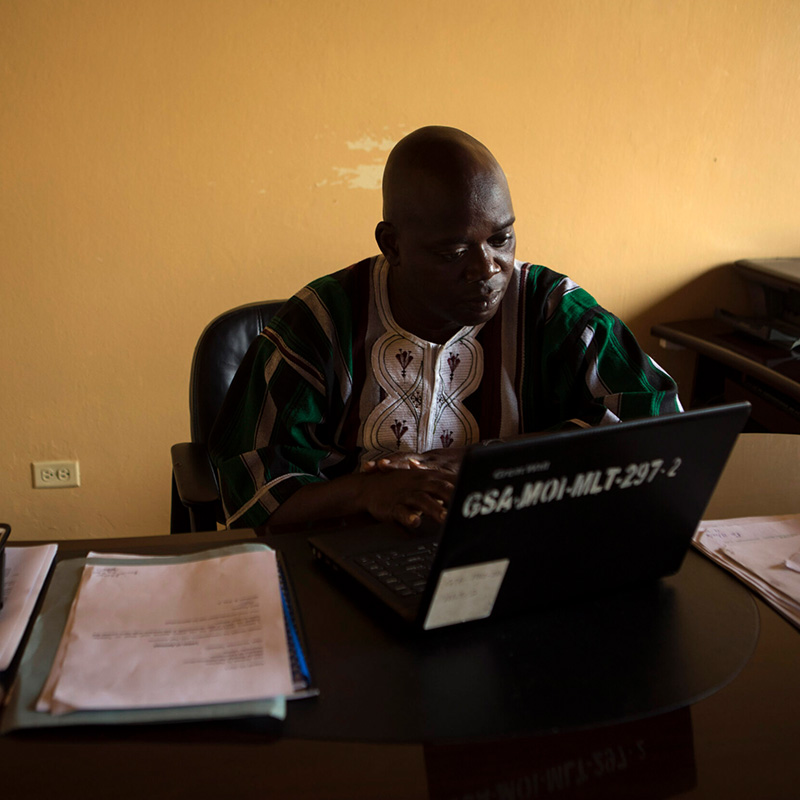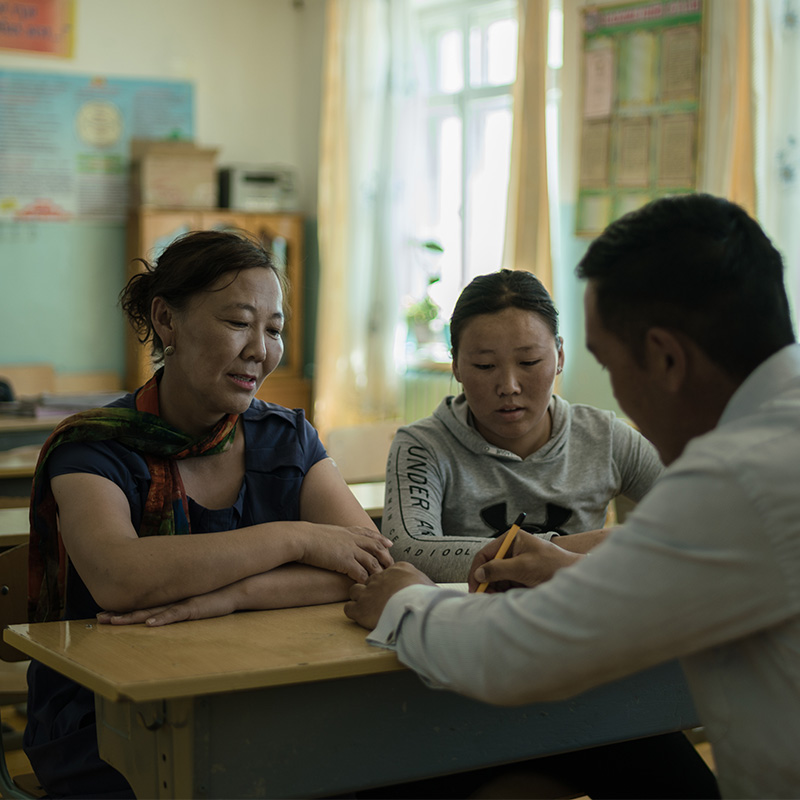In the face of pressing global challenges, government and civil society reformers are working to make governance more transparent, inclusive, and accountable by advancing reform in the following key policy areas.
Anti-Corruption
Civic Space
Climate and Environment
Digital Governance
Fiscal Openness
Inclusion
Justice
Public Participation
Right to Information

Anti-Corruption and Integrity
OGP members are working to root out undue influence across government affairs at the national and local levels, because the use of public office for private gain erodes citizens’ trust in their government and its ability to serve their interests.
As part of OGP’s 2023-2028 strategy, the Partnership’s overall focus is on policies that tackle grand corruption and kleptocracy—illicit financial flows and money laundering—and on public integrity. This includes specific issues such as beneficial ownership, open contracting, lobbying, political finance, and asset disclosure, among others.

Climate and Environment
Climate change is an incredibly complex challenge affecting everyone. Open government practices enable governments and citizens to see the true costs of pollution, discuss and co-create alternative approaches for national socio-economic development, mitigate and adapt to climate change, and ensure that there is adequate public oversight of environment and climate policies and spending.

Digital Governance
As new and emerging technologies present opportunities for governments and citizens to advance openness, accountability, and participatory practices, OGP members are working to create policies to maximize the benefits of such advancements while safeguarding against harms caused by, for example, online misinformation and disinformation or the malicious use of AI applications.

Inclusion
Inclusion is fundamental to achieving more equitable, representative, and accountable policies that truly serve everyone. OGP members are advancing inclusion throughout open government initiatives, whether by championing innovative gender-specific reforms, engaging youth communities in co-creation processes, or integrating the voices of minorities and vulnerable groups across various themes and commitments.

Public Participation
Giving the public opportunities to provide input into government decision-making leads to more effective governance, improved public service delivery, and more equitable outcomes. In the context of open government, these deliberations allow the public to provide feedback on the actions of governments through organized discussions. Deliberative democratic processes have seen considerable innovation in the past few decades, ranging in formality, size, and permanence.

Right to Information
The public needs access to information to hold the government to account for its decisions. Right to information (RTI) laws enable citizens to obtain this information, with many laws requiring governments to proactively publish information. Collecting and publishing data on how well agencies implement an RTI law can also help measure progress in protecting this important right, aid learning and accountability, and prioritize reforms.



